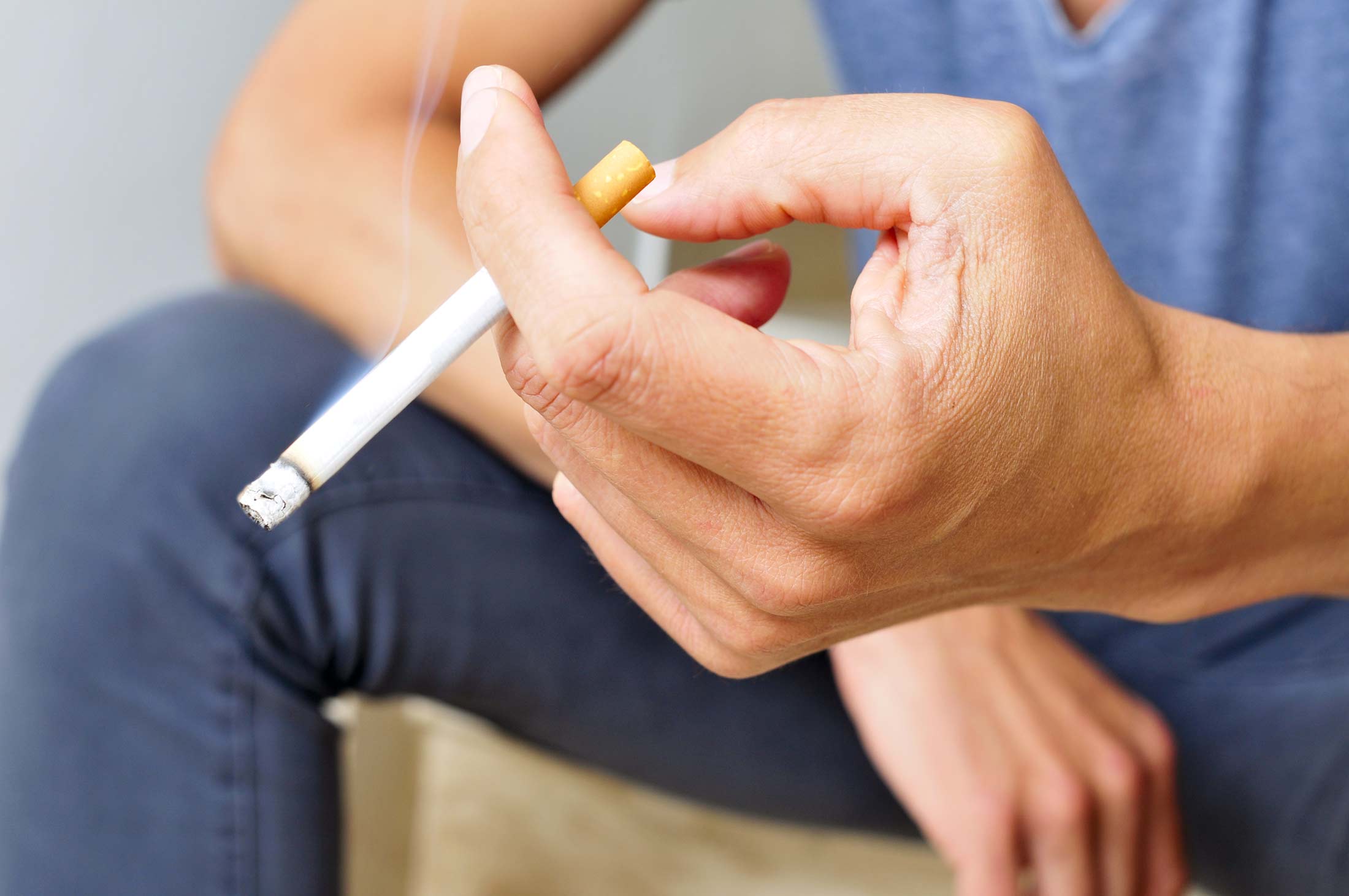Drink Alcohol After Tooth Extraction

The recovery process after a tooth extraction can be a delicate time, filled with a mix of relief that the procedure is over and concern about ensuring proper healing. During this period, it’s common for patients to wonder about what they can and cannot do, including whether they can drink alcohol. Understanding the impact of alcohol on the healing process is crucial for a smooth recovery.
Why Is Healing After Tooth Extraction Important?
After a tooth is extracted, a blood clot forms over the socket, which is essential for the healing process. This clot protects the bone and nerve endings, allowing the area to heal properly. Any disruption to this clot can lead to complications, such as dry socket, which is not only painful but can also prolong the healing process.
The Effects of Alcohol on Healing
Alcohol can significantly impact the body’s ability to heal after a tooth extraction. Here are some reasons why consuming alcohol during the recovery period is generally advised against:
Delay in Healing: Alcohol can impair the body’s natural healing process. It affects the immune system, reducing its efficiency in fighting off infections and repairing damaged tissues. This can lead to a delay in the healing of the extraction site.
Increased Risk of Infection: Alcohol can act as a disinfectant, but in the context of a healing wound, it can also strip away the protective barriers, making the site more susceptible to infection. The area needs a sterile environment to heal properly, and alcohol can disrupt this.
Dry Socket Risk: One of the most significant risks of drinking alcohol after a tooth extraction is the increased chance of developing dry socket. Alcohol can dislodge the blood clot that forms over the extraction site, leading to this painful condition.
Interference with Medication: If you’re taking pain medications or antibiotics after the extraction, alcohol can interfere with their effectiveness. Additionally, combining alcohol with certain medications can lead to adverse reactions, such as increased sedation or liver damage.
Dehydration: Alcohol is a diuretic, meaning it can lead to dehydration. Staying hydrated is crucial for the healing process, as it helps in flushing out bacteria and keeping the extraction site clean and moist.
How Long Should You Avoid Alcohol?
The length of time you should avoid alcohol after a tooth extraction can vary depending on your dentist’s or oral surgeon’s advice and the complexity of the procedure. Generally, it’s recommended to avoid alcohol for at least 24 to 48 hours after the extraction. However, this period can extend up to 3 to 5 days or even longer if the extraction was particularly complex or if you have a history of healing complications.
Practical Tips for Recovering from a Tooth Extraction
- Stay Hydrated: Drink plenty of water and other hydrating fluids to help your body recover.
- Follow Your Dentist’s Advice: Your dentist or oral surgeon will provide specific instructions based on your individual needs and the complexity of the procedure.
- Eat Soft Foods: Opt for a soft-food diet to avoid dislodging the blood clot.
- Avoid Smoking: Smoking can also delay healing and increase the risk of complications.
- Rest: Give your body the rest it needs to recover.
Conclusion
While it might be tempting to celebrate the end of a dental procedure with a drink, it’s essential to prioritize your recovery. Drinking alcohol after a tooth extraction can lead to complications, delay healing, and increase the risk of infection. By understanding the risks and following your dentist’s advice, you can ensure a smooth and successful recovery.
Frequently Asked Questions

Can I drink alcohol the same day I have a tooth extraction?
+No, it’s generally advised to avoid alcohol for at least 24 hours after a tooth extraction to minimize the risk of complications and ensure proper healing.
How long does it take for the extraction site to heal completely?
+The healing process can vary, but typically, the initial healing takes about 1 to 2 weeks, with full recovery taking several months. However, this can vary depending on the individual and the complexity of the extraction.
What are the signs of dry socket, and how can I prevent it?
+Dry socket is characterized by intense pain, which can be a dull ache or a sharp stabbing pain a few days after the tooth extraction. To prevent it, avoid smoking, drinking through a straw, and consuming alcohol. Follow your dentist’s instructions carefully, and maintain good oral hygiene.
Can I consume any form of alcohol after a tooth extraction, such as beer or wine?
+No, it’s best to avoid all forms of alcohol, including beer and wine, during the initial recovery period to minimize risks and ensure proper healing.
Are there any medications I should avoid mixing with alcohol after a tooth extraction?
+Yes, it’s crucial to avoid mixing alcohol with pain medications, antibiotics, or any other prescribed medications without consulting your dentist or oral surgeon first, as interactions can lead to adverse effects.
How can I manage pain after a tooth extraction without alcohol?
+Follow your dentist’s or oral surgeon’s advice for pain management, which may include over-the-counter pain relievers or prescription medications. Additionally, applying an ice pack to the area, eating soft foods, and getting plenty of rest can help manage discomfort.
